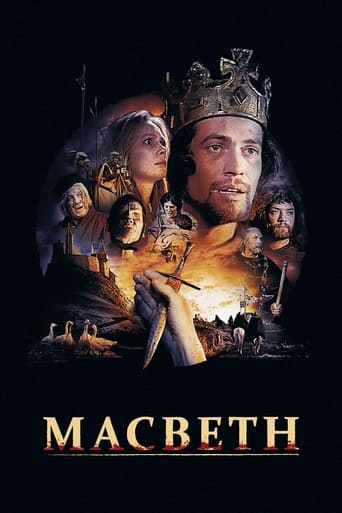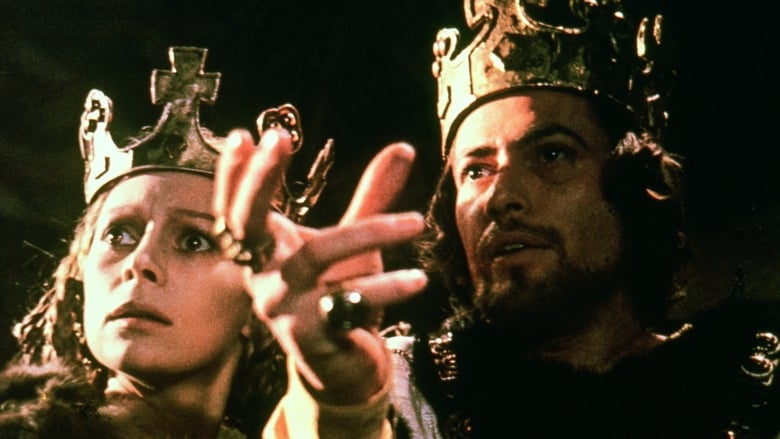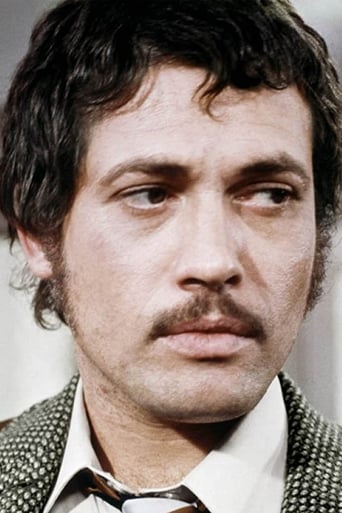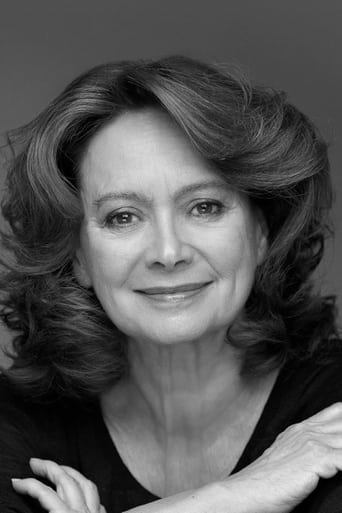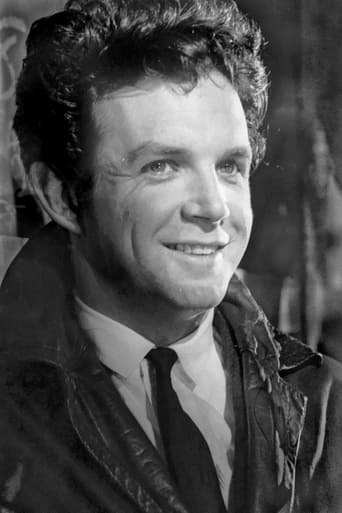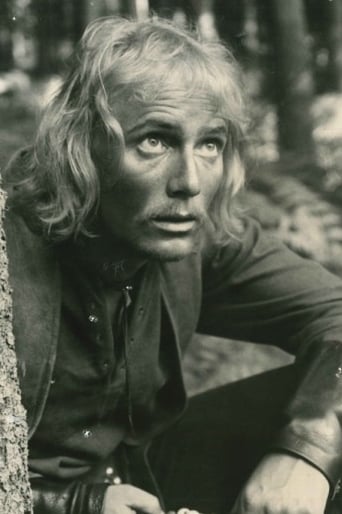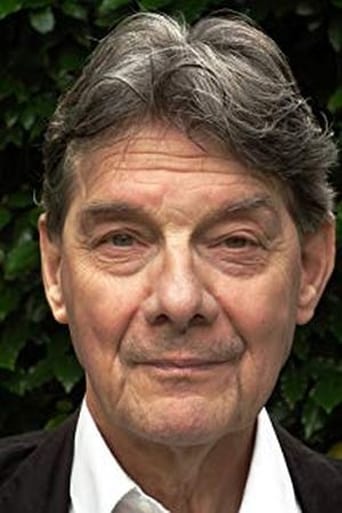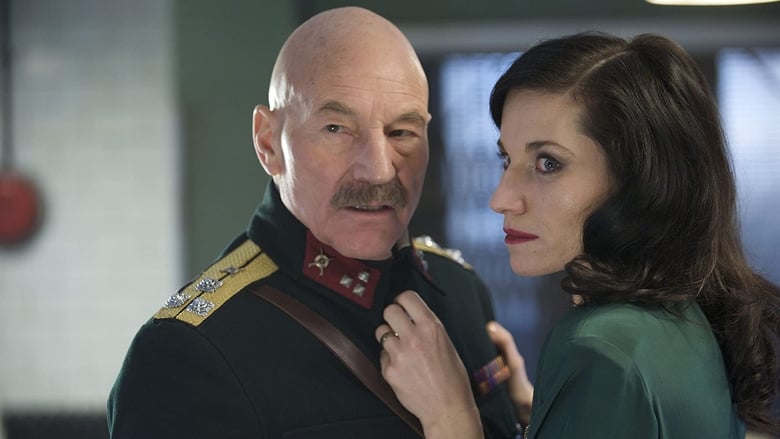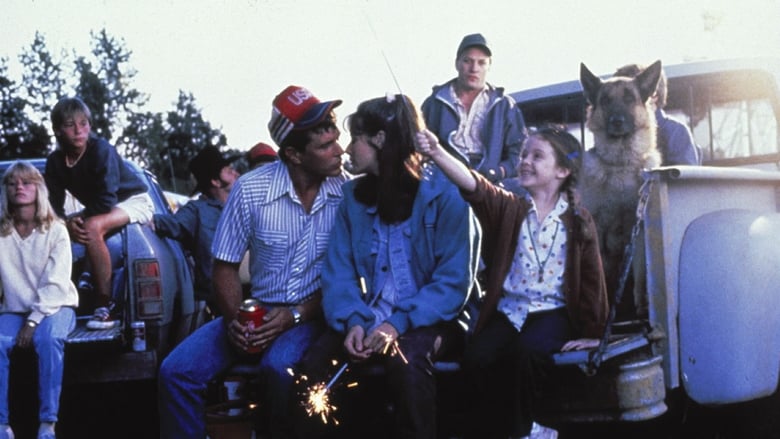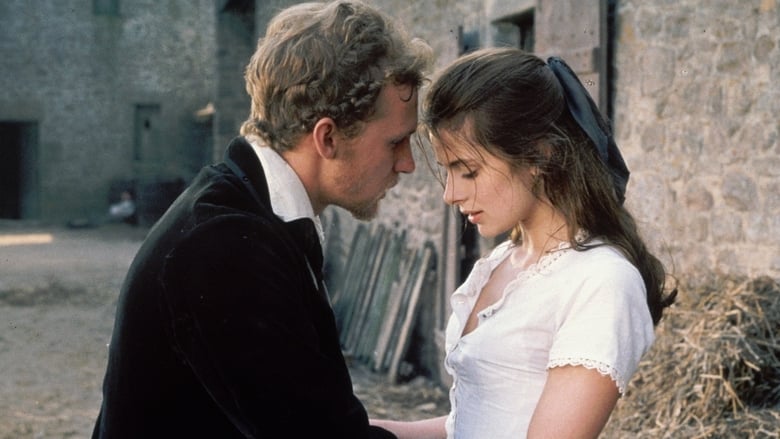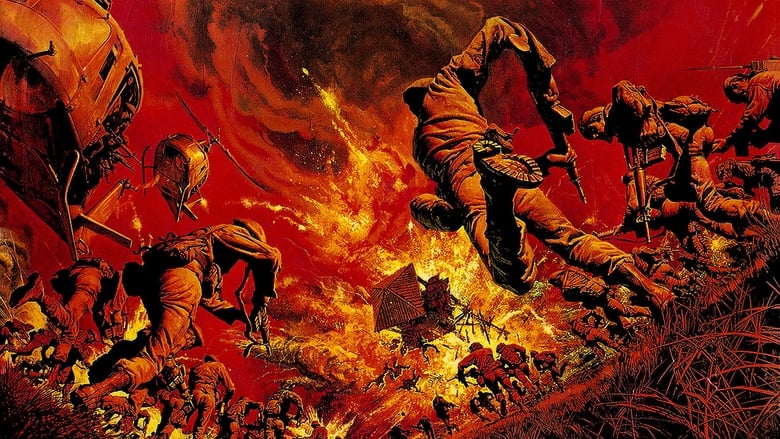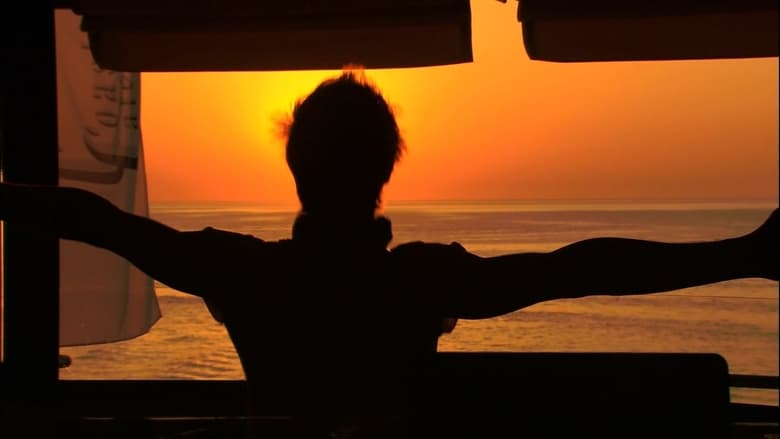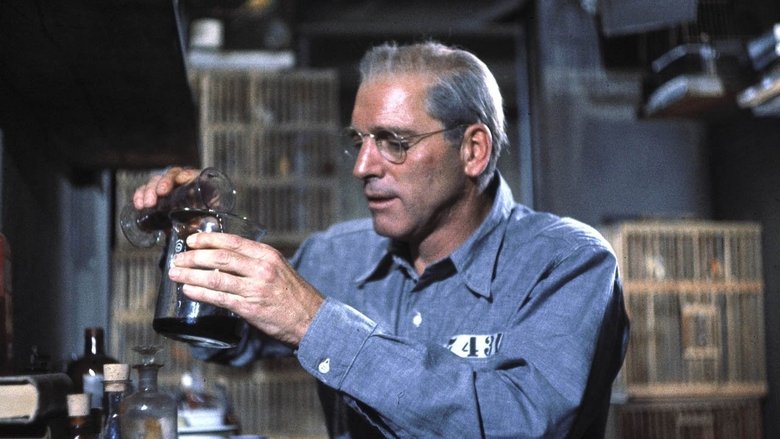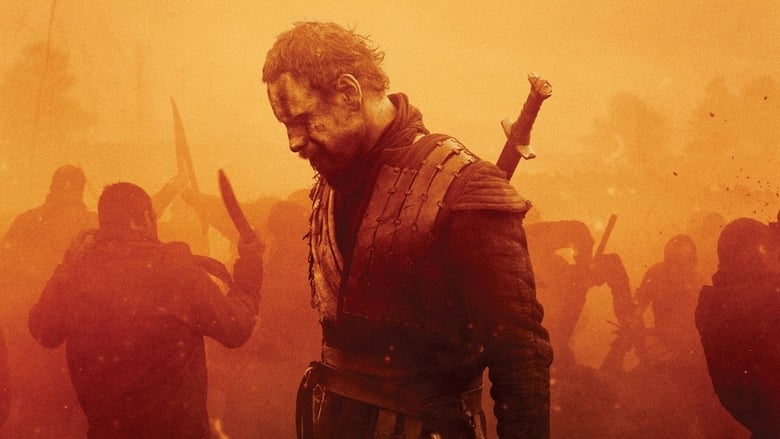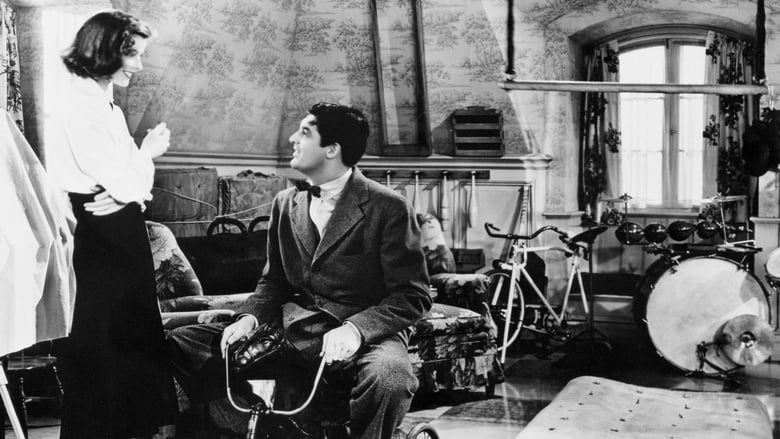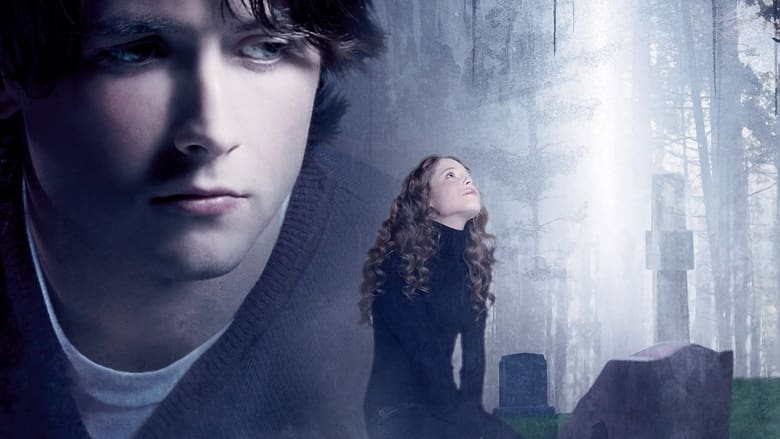Scotland, 11th century. Driven by the twisted prophecy of three witches and the ruthless ambition of his wife, warlord Macbeth, bold and brave, but also weak and hesitant, betrays his good king and his brothers in arms and sinks into the bloody mud of a path with no return, sown with crime and suspicion.


Similar titles
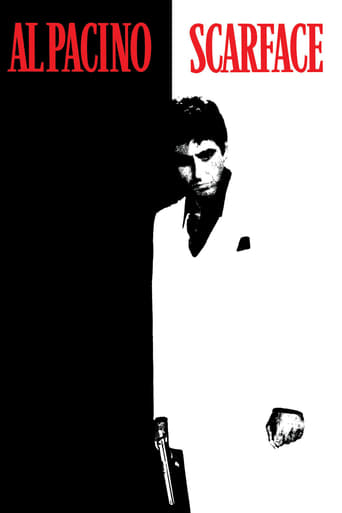

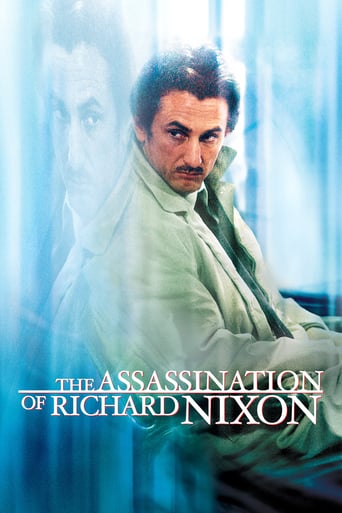

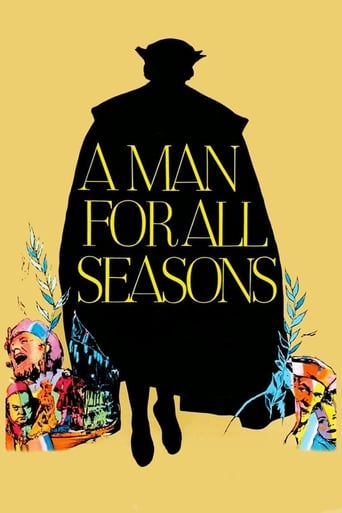

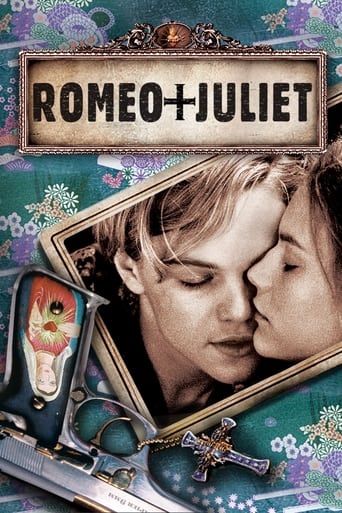
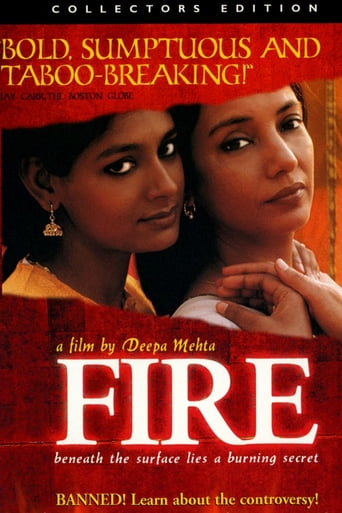
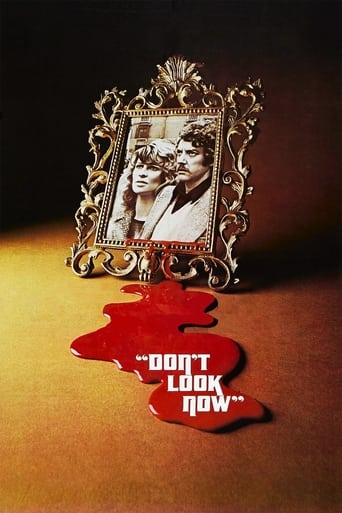
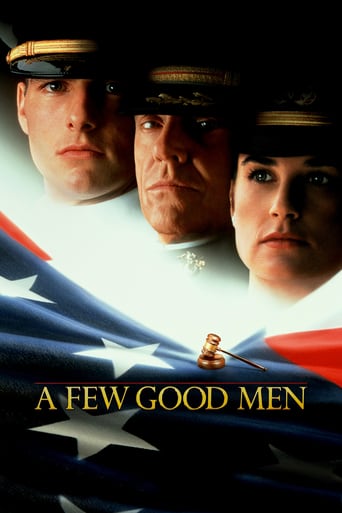
Reviews
The William Shakespeare play about a easily influenced and conniving man, who mercilessly killed many due to his greed for power, was well played out in this rendition of the original play. The film was quite accurate in comparison to the original play. The plot events were played out well, all the discussions, even the shortest ones, were played out perfectly. The film was impactful, and the characters were easily remembered when re-reading the play. The characters in this film were accurate, and realistic. A personal flaw I found in this movie was the length of the film, a lot of things were dragged on, and other parts went too fast, which resulted in me missing the important bits of information. But other then that, the film was actually quite interesting. (P.S. this review is for a class project, my teacher is kind of cruel, so just ignore this review altogether pls n thnx)
Let's start with the Manson murderers, because it seems that everyone feels the need to mention them when talking about this film. Pauline Kael herself likened the infamous slaying of Macduff's wife and children to the real life tragedy, referring to the bodies as no longer human but "pieces", "scattered" round like a "chicken yard". Well, Polanski may or may not have deliberately mirrored the two, but in any case the scene would have remained as an integral part of the violent takeover of Macbeth. Others might draw comparisons to the moral degeneracy of the characters or the bloody gore and graphic violence, never mind the fact that 11th century Scotland contained far more than any screen might allow, and a fair share of nudity to boot. If there are personal foundations in the film they remain deeply buried within Polanski himself, and a few splatters of fake blood could never truly account for that. It is nevertheless a gloomy and miserable experience for most. Not even the splendour or status of a king can fully combat the elements (partly due to Macbeth's insistence to remain at his own seat), and much of the establishing wide shots seek to portray this; an ugly grey castle sitting atop a twisted hill, with miles and miles of icy grassland and nothing pushing against the dismal clouds. The opening battle takes place is what is basically a swamp, and no shot is complete without a heavy dose of mist, smoke or wind, the sun rarely managing to pierce through. The insides of the great castle are much the same - cold walls and colder inhabitants getting by, and even the brief elation of the king's visit is drowned out by a rainstorm. Their whole existence is akin to the flickering candle in the wind and rain; try as they might to resist with music, dancing and a warm dose of Scottish merry, the light never quite reaches the edges of the frame. If Polanski has gone for atmosphere then he has also gone for characters that do not quite fit them. The casting of young Finch and Annis seems to favour spirit and impulsivity over wisdom. Polanski wants them to burst from the seams of the dreary Scottish wasteland, and be utterly consumed by lust of each other and more importantly, power. But the performances don't follow suit. Instead of dramatic performance he opts for internal monologue, so their physical youth and beauty is not nearly the factor it should be. Worse, when they do speak Polanski insists on constantly moving the camera to show off his shadows and set design, as well as having the actors turn their back on us. When Finch wrests with the love of Duncan from the peasants, imagining their tears if he was slain so immeasurable that not even the rain could compare (as the storm drips on, a nice touch), he doesn't seem to know whether he should face the camera or look away from it, and spends the whole soliloquy awkwardly nodding back and forth. And there is the infamous naked sleepwalking of Lady Macbeth, which demonstrates the error in casting Francesca Annis. She's too frozen and stilted in the face and lips, so Polanski has to show off her body to compensate, but does it clumsily, and doesn't enable her to use her physical beauty to her advantage. She's much too pretty to be whispered grotesquely about wanting her womb to be ripped and unsexed, and the encounters between husband and wife are not filled with urgency and desire. Instead of leaping and clawing at each other Finch carries her up the stairs like a new bride over the threshold, which only demeans her character further. The action has been described as ugly and awkward, to a degree unrehearsed, which lends to its authenticity. Certainly the final duel is staged along these lines, the sword swings heavy and erratic, the stances stumbling from the blows, the shots a little on the dirty side (they utilise the kick quite well). But veering too much towards that side of authenticity and 'grit' can result in something completely out of the ordinary: unintentional comedy. Macbeth's stolen crown falls off during the fight, and midway he staggers from a blow, and sits for a breather to clutch at it and desperately place it back on top of his head, as if trying to reassert the last remaining vestiges of his power. We can understand the meaning behind this action, but the way the fight pauses and focuses onto it immediately breaks any tension that Polanski had accumulated. And for all the ugliness of this duel, we have the fight before it, where the apparently invincible Macbeth (in his mind) prances and sidesteps his way through a soldier's attack before allowing the defeated to fall back into his own arms, stab him in the neck, and whisper dramatically into the ear: "Thou werest born of woman." Is this medieval warfare, or ballet recital?Still, one change that Polanski has conjured up is inspiring. The end recalls the beginning, where the oft forgotten second son Donalbain once again rides through fog and mist to meet with the three witches who will bestow upon him an equally deadly premonition. By luring another man of similar stature into their web, Polanski denounces any glory or significance that the late Macbeth might have acquired in his brief tyranny. It suggests that this lust can creep around and into other men's minds, and that is has ruled and dictated our actions for many years past. That man became Donald III of Scotland, who laid siege to Edinburgh and seized the throne after his brother Malcolm's death.
Dispensing with the pretty frocks and endless banter which fill up just about all film adaptations of the Bard's work, Roman Polanski brings us his own unique variation of the tale, and one of the strongest 15-certificate films currently available. It's an adult tale. Polanski looks beyond the glossy veneer so often offered to viewers with period pieces and gets to grips with the harsh reality of Shakespeare's most tragic play. There are no orchards or beautiful forests here: Scotland is cold, windy, and exceptionally bleak. The film is packed with violent incident, whether it be murder or rape, and even though the running time is two and a quarter hours, it never drags. There's always something horrible happening to somebody, and you know that soon enough something nasty will happen again. It certainly does.The acting is uniformly excellent. You can't fault the script - after all, one of history's most famous playwrights wrote it. Jon Finch gives a tour-de-force performance in the title role, bringing warmth, pathos, and a surprisingly realistic depiction of madness as the tormented character. Even though he's a ruthless, murderous person, you still have to feel sorry for him by the end of the film, when everybody double-crosses and deserts him. The final scenes reminded me of Pacino at the end of SCARFACE, as Finch loses touch with reality and sets about killing as many people as possible, seemingly indestructible. Francesca Annis gives her best performance in the small yet important role of Lady Macbeth, the person who eggs her husband on to murder Duncan and yet cracks up and goes mad. Her child-like actions at the end of the film and her eventual suicide are truly tragic. The supporting cast all do well, apart from a few misplaced child actors, like Keith Chegwin, showing their ugly heads. Martin Shaw gives us a compassionate and friendly Banquo who can do no wrong.Shakespeare easily has the capacity to become boring, especially when at school you have to study it for months on end. I should know, I've studied a number of his texts, one of them this. But modern viewers who think this might be a boring film would be sorely mistaken. I remember watching it with my English class, turning out the lights and sitting back, half-asleep in our chairs, and then sitting up suddenly as Macbeth slams his ball and chain repeatedly into an enemy's back, leaving a bloody stain (complete with sickening thud noises). From then on the violence never stops.It's a very gory film, not for the faint-hearted, and there is no build-up to the violence either. No dramatic music or sudden close up cutting, the gore is just dropped in the film suddenly and shockingly, just when you least expect it. One man is hanged, his neck snapping like a twig, while our friend Banquo gets an axe buried in his back (like Vincent Price at the end of WITCHFINDER GENERAL) before being unceremoniously kicked into a lake. Even a young boy is stabbed in the back unflinchingly. All the best violence is saved until the climax of the film, where the blood sprays everywhere. It's not all physical horror though, and a lot of the sustained scenes are masterpieces of psychological shocks. Especially when Banquo arrives in the dinner hall to distress his host, or the actual murder of Duncan. It's here that Finch and Annis come into their own, conveying hopelessness and despair like nobody else. You might well notice it's a Playboy production, and sure enough there are plenty of naked women (although most of these women are old horrible witches, funnily enough). My favourite Shakespeare adaptation of all time.
Witches deliver a prophesy to Scottish warlord Macbeth that he will be King. Macbeth's wife pushes him towards the notion that the only way to ensure this is by killing the current King himself. And so he embarks on a fateful course of events.Roman Polanski's 1971 adaptation of Macbeth, one of Shakespeare's darkest plays, makes full use of cinema to place the words of the play into a grim, grey, grimy reality. As you watch Macbeth work his way further along a road to tragedy, the visuals which accompany Shakespeare's words place those words into a brutally real world.The performances are great, but this is an excellent adaptation, and makes you think that this is perhaps the sort of presentation which Shakespeare might have been involved in making had he still been alive.
